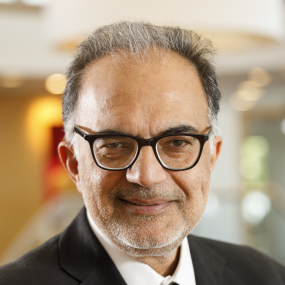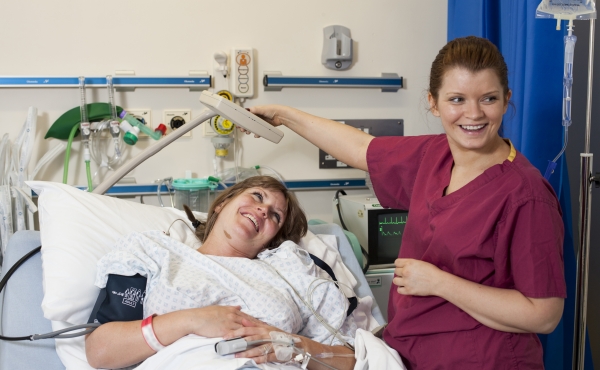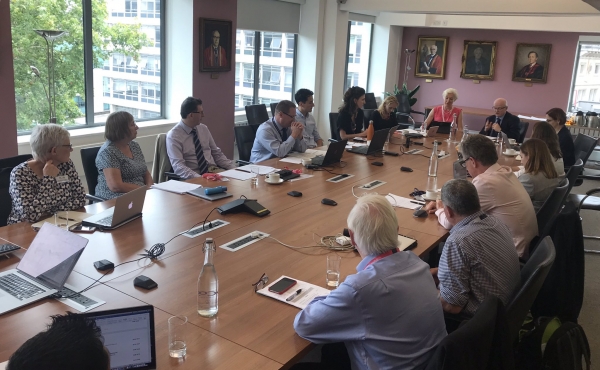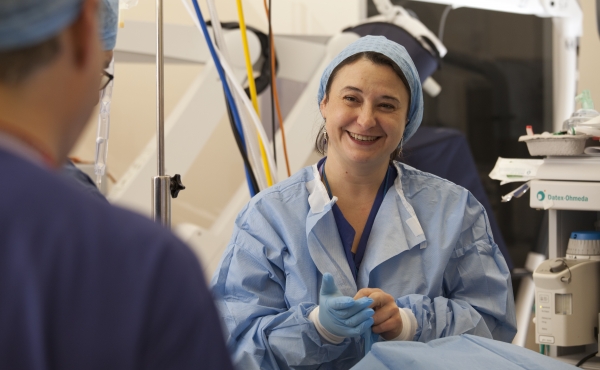Why CPOC and Why Now?

Professor Ravi Mahajan is President of the Royal College of Anaesthetists and a highly regarded clinical academic and anaesthetist from Nottingham University Hospital NHS Trust. Among other honours, he is a former Chair of the National Institute of Academic Anaesthesia.
In the year 2014, the College articulated its vision for perioperative medicine as being the integrated multidisciplinary medical care of patients, from the moment of contemplation of surgery until full recovery. It was envisaged that this would meet the ‘triple aim’ of improving patient experience (including quality of care and satisfaction), improving the health of populations (including returning to home/work and quality of life), and reducing the per capita cost of healthcare.
Recent data from a number of studies and sources, including that from the Perioperative Quality Improvement Programme (PQIP) and the National Emergency Laparotomy Audit (NELA), confirm the potential of integrated perioperative care in meeting the triple aim. It is now clear that this concept needs to be turned into reality in all NHS hospitals in the UK.
In the autumn of 2018, I met with the presidents of the Royal Colleges of Surgeons, of Physicians, of General Practitioners and of Nursing, and the Association of Anaesthetists; they all offered immediate support to the RCoA in the establishment of a mutidisciplinary Centre for Perioperative Care (CPOC). I also received immense support from many other organisations, including specialist societies, and from the chief medical officers of all the devolved nations, the NHS England medical director, the national director of patient safety, and special advisors to the prime minister and the secretary of state. The RCoA council and I are extremely thankful to all of them for their timely, crucial and important support for CPOC.
In the month of May this year, CPOC was launched and its director appointed. The Centre, with its board drawn from a number of partner organisations, has already embarked on a number of workstreams, including standard setting, training curriculum, professional education, quality improvement, and research and policy development in relation to perioperative care within the UK.
Healthcare systems worldwide face the challenges of multimorbidity, changing population dynamics, and limited resources. The triple aim of CPOC will prepare us for the challenging times ahead. I am certain that, with the support of our fellows and members and of the partner organisations, CPOC will emerge as a world leader in guiding the implementation of integrated perioperative care for surgical patients.




